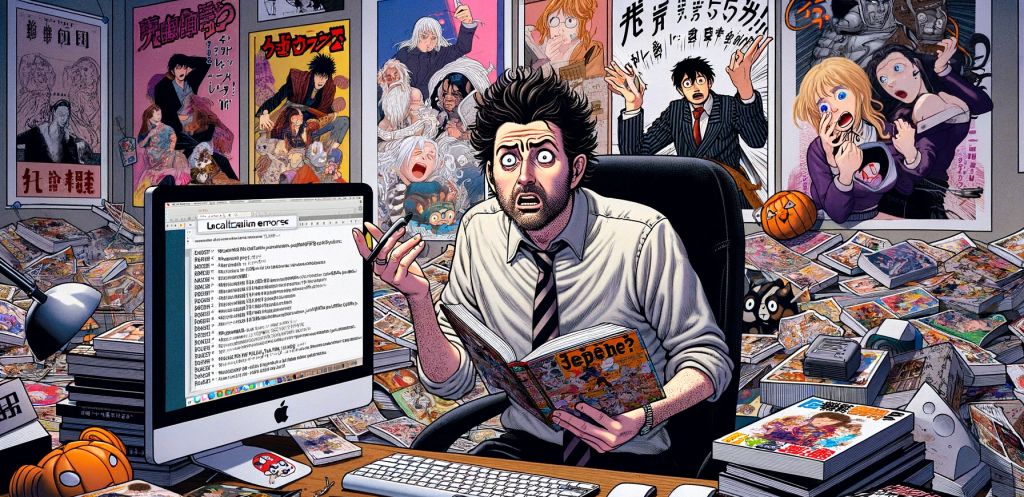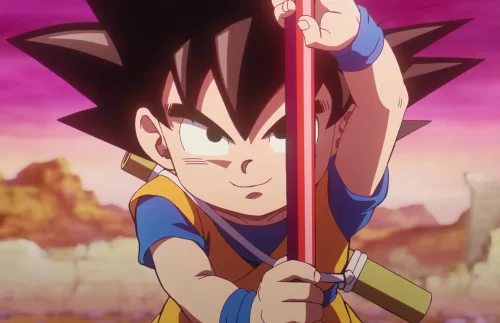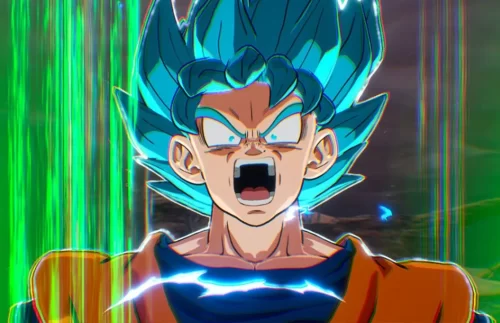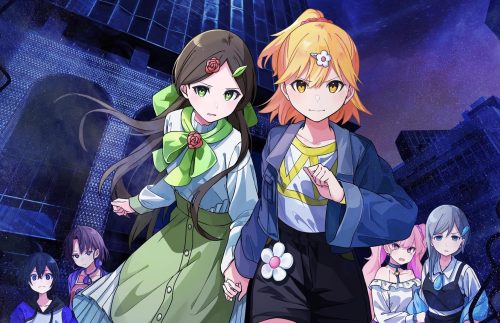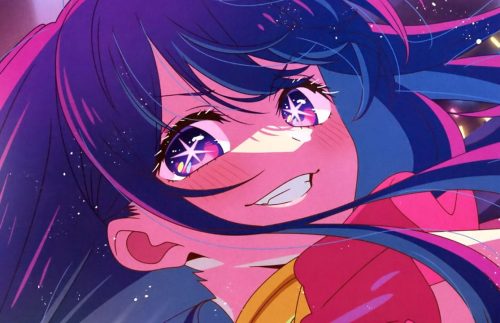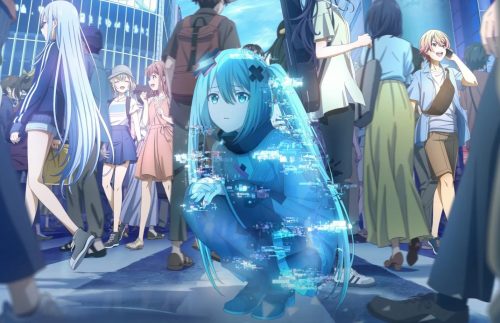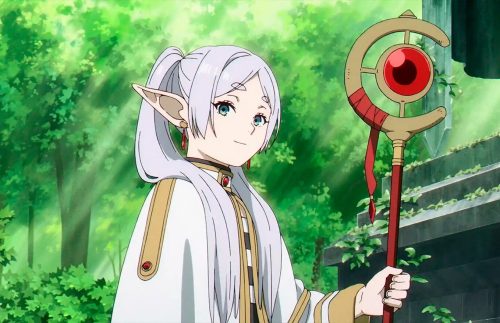Something unacceptable to a large part of the otaku community, both Japanese and from other parts of the world, is happening in many countries.
We all know that the content we all consume and enjoy so much originates from Japan. I sincerely wish my knowledge of the Japanese language was complete enough to not need a translation between me and the original product, but that is not the case. Obviously, for us, who live in Western countries and other places far from the East, having a translation of anime or manga is indispensable to enjoy it. Logically, the least we can expect or desire is that the product is, at least, faithful to the original work, as conceived by its author, because… isn’t it supposed to be just a translation?
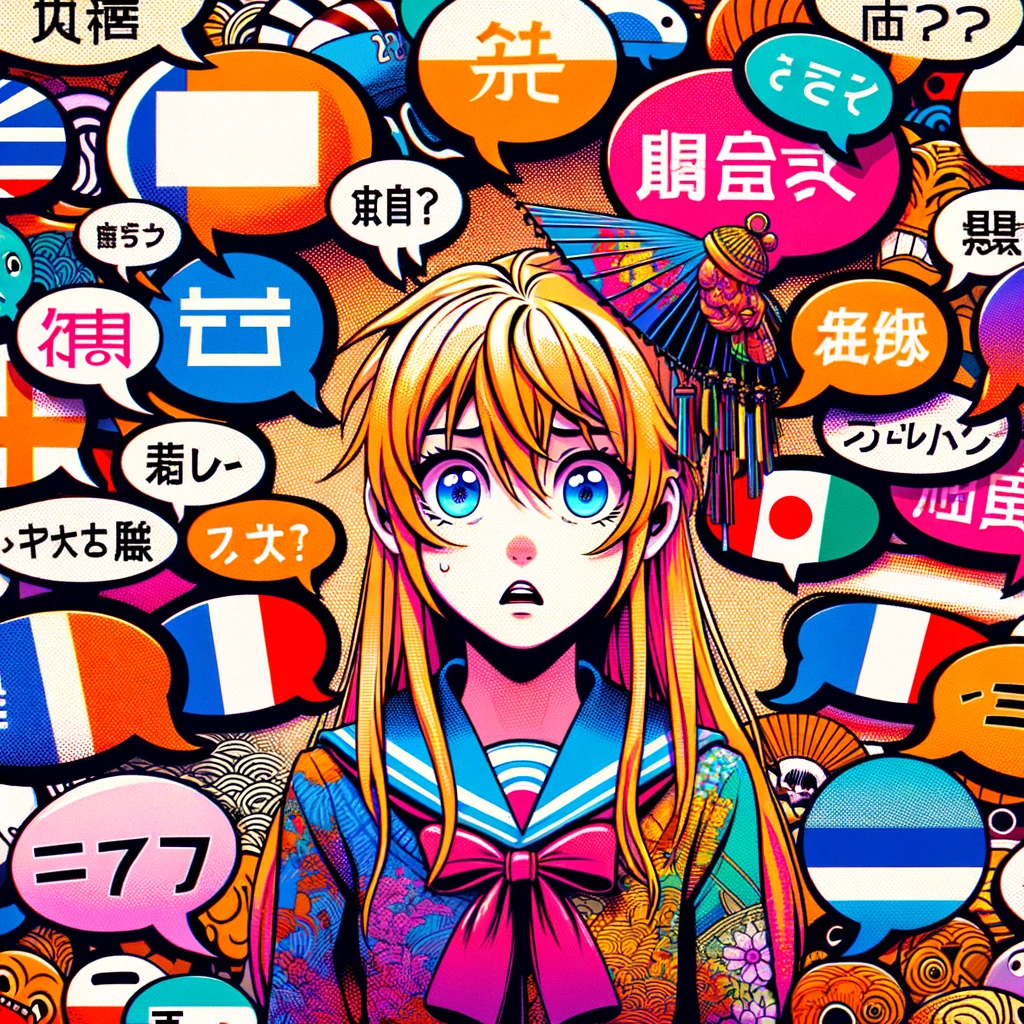
In many countries or cultures, “localizations” are being used as a tool that also acts as a censor, taking even liberties that far exceed the original concepts of the works to be translated, not to mention that they obviously do not have the approval of the authors to make such changes. In many cases, it happens that some idiomatic expressions or wordplays simply make no sense if removed from the context generated by their original language or culture. Based on this, to make many gags or moments make sense, some modifications are made, in order that the result is equally entertaining, or transmits the same message, or as similar or faithful as possible. Some jokes, for example, if removed from their original context, simply make no sense, so to not discard the line or the whole scene, it is substituted by another somewhat similar joke.
Up to that point, I think we can all understand, and even accept.
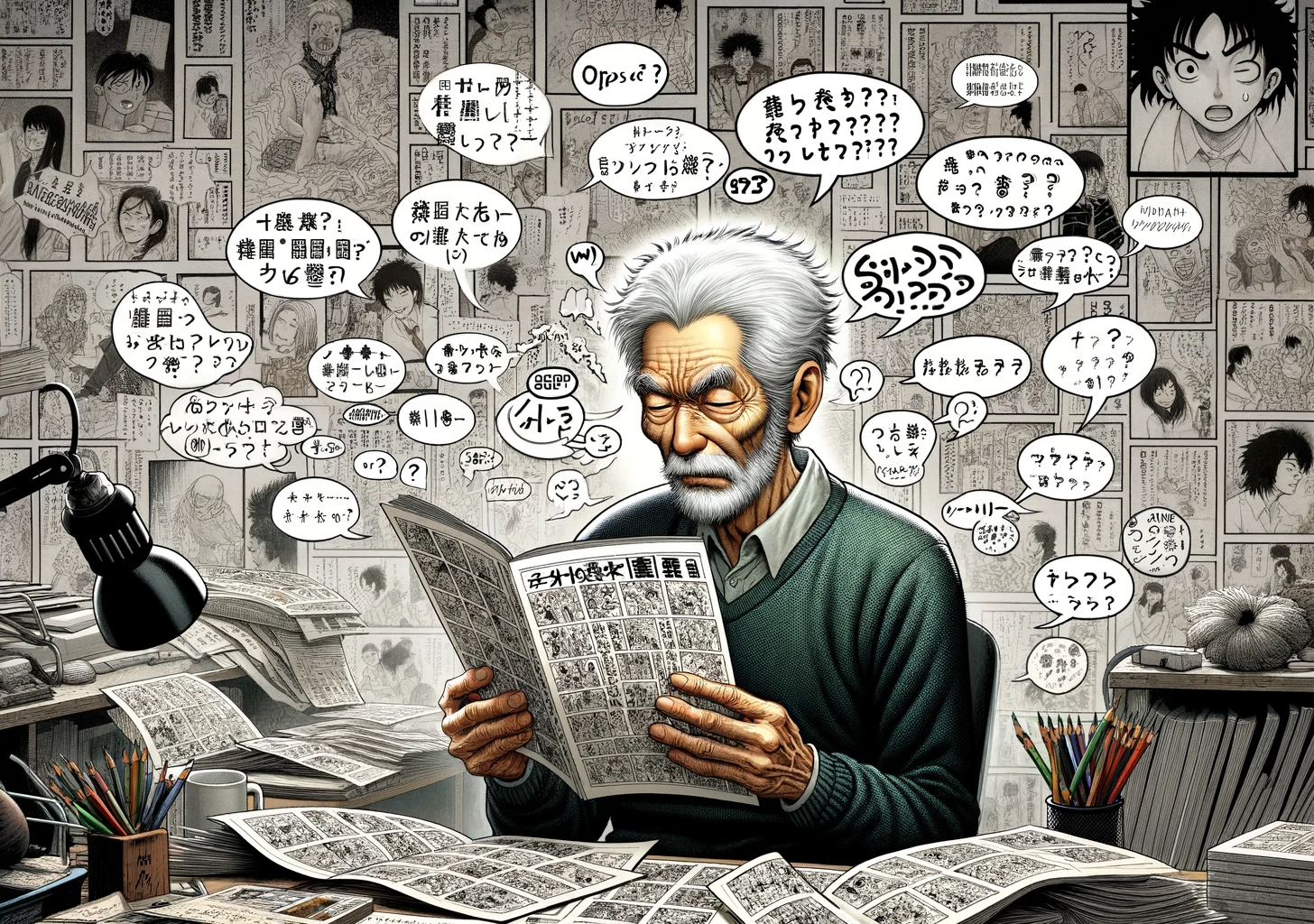
The big problem is that, in many countries, too many liberties (which, as understandable as they may be, should be non-existent) are being taken, modifying even the original works, omitting chapters, scenes, or entire sections, and even turning part of the lore into something completely different, which changes the original meaning of the work into something totally different.
There have been some cases worse than others, but among the most attention-grabbing we can find the recent saga that was poorly translated by Seven Seas in a totally intentional manner, “I Think I Turned My Childhood Friend Into a Girl”, which literally “erased the original work of a Japanese artist in favor of pushing their own social and political beliefs onto readers“. Notably, in that work, a feminine (androgynous) man was transformed into a transgender girl.
“When it comes to translation, a big issue that often arises is the author’s intention and how to properly localize it for a new audience. Contrary to the idea of literal translation, localization involves translating what the author intends to convey to a different culture. Due to factors such as cultural context or language-specific idioms, localization will significantly change the words to convey the same feelings and elicit the same reaction from the audience as intended by the original. In other words, localization aims to prevent meaning from being lost in translation; instead, the original text is lost.“
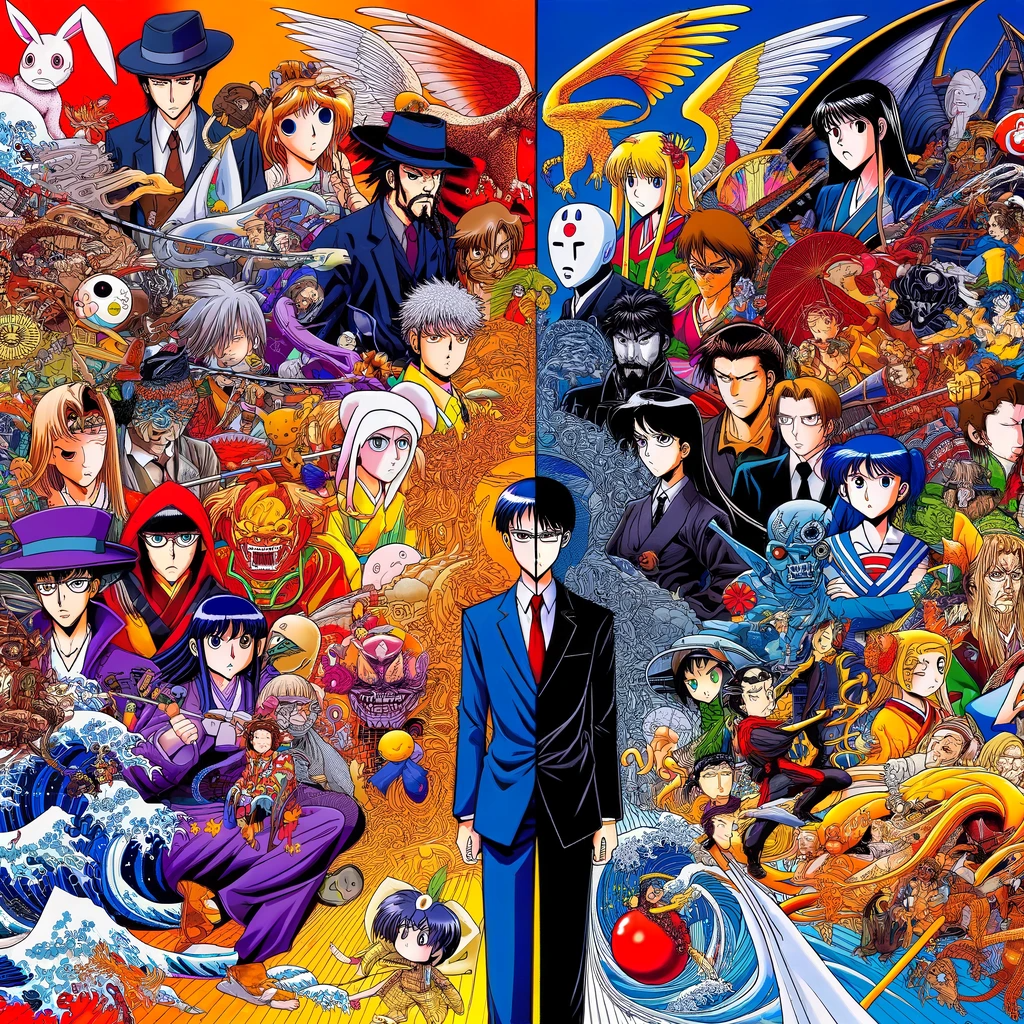
Other very well-known and equally controversial cases, to name a few, have been, for example, cases like that of the visual novel “Cyanotype Daydream“. The English version that was released on the Steam platform was labeled as “for all ages“, unlike the “adult visual novel” format originally intended in Japan. Because of this, there were accusations of censorship and criticism towards the localizers.
“My Life as Inukai-san’s Dog” is perhaps, of all the known ones, one of the most criticized and severe, to call it in some way. In this anime, a Western localizer intentionally altered the English translations of several dialogues, resulting in something completely different from the original concept. The localizer in question, Katrina Leonoudakis, openly admitted and boasted of having intentionally ruined the localization of this series, claiming on that occasion that it was her “best work so far”. To top it off, she illustrated her statements with examples of dialogues full of English slang inserted by her into the series, which had no equivalent or context in the original Japanese script.
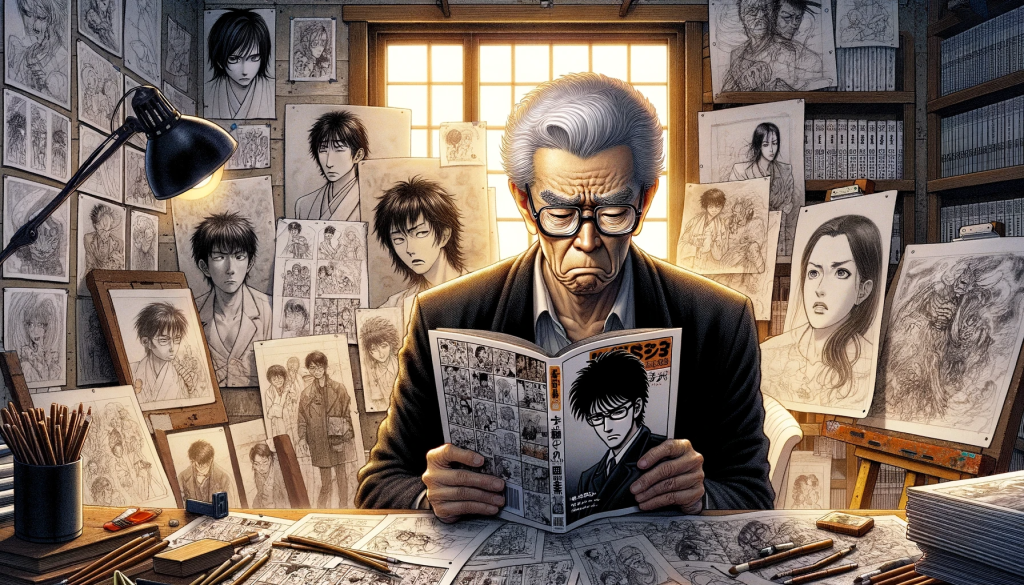
There can be multiple stances and opinions on this topic, and a full day would not be enough to debate so many ramifications, let alone reach a point of view in which everyone, or even a few, agree.
What I do believe we could all agree on, taking the context of the reason that brings us here to this page, to read and comment on articles like this, is that we all value, respect, love, and feel the different forms of Japanese art expression, to a greater or lesser extent. Having said that (and here I emphasize this as my personal opinion, it is understood), I believe that, although in many cases it is surely correct or appropriate to apply “censorship” or some type of modification to adapt to moral, social, political, or religious environments, in all cases, such modifications should be subjected to the judgment of their original authors, or at least, with consensus, of the original production team. As I said, while in many cases, the use of censorship tools is understandable, that does not justify modifying a work or story to the point that it changes its very essence, or the story being told.
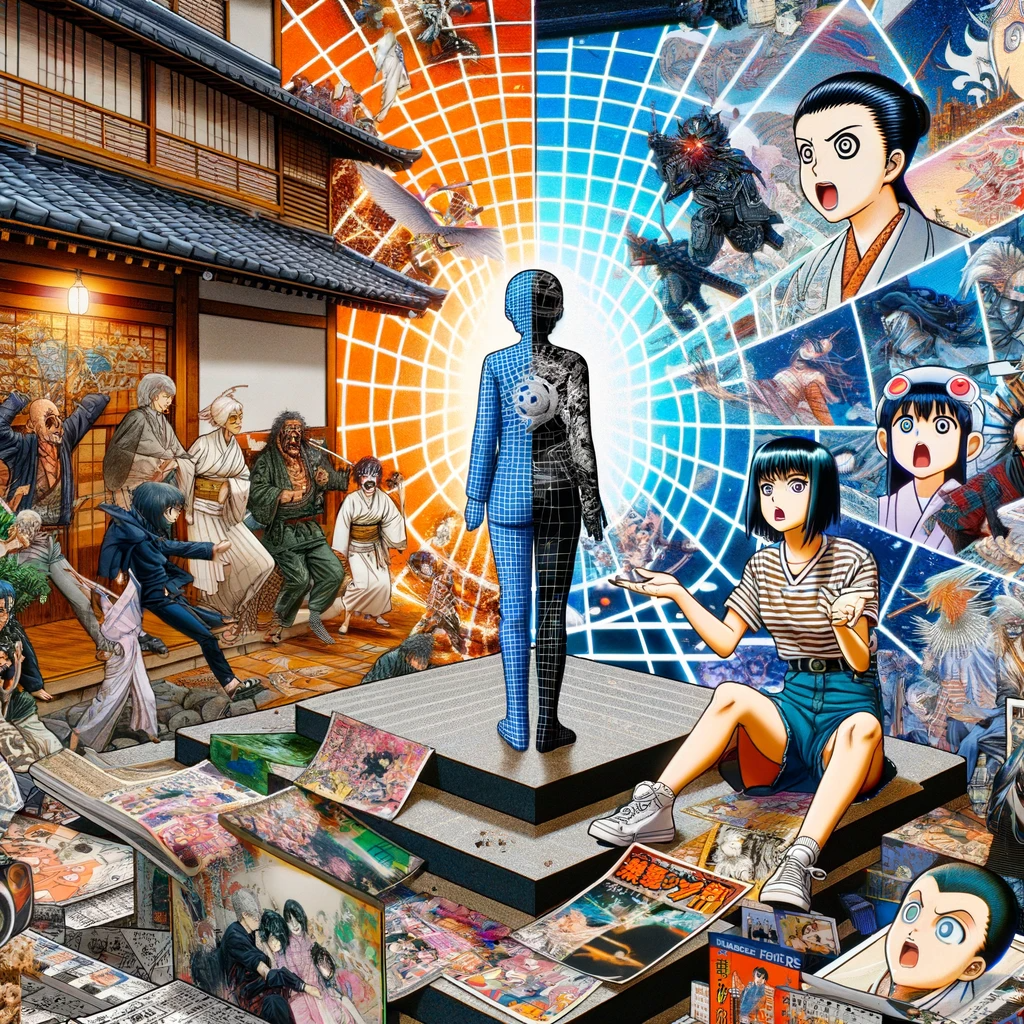
In many cases, it would even be preferable to simply not enjoy a work, rather than the alternative of having a version with its story and content completely distorted.
And now more than ever, we are going to ask you what you think because, like many, this is also a tool, and in this case, it’s yours. What do you think about this? Please, leaving all jokes aside, we invite you to share your opinion in the comments.
(And please don’t forget to join our Discord, whose link you can find at the bottom left of this page, to participate in a more active discussion regarding this matter)
